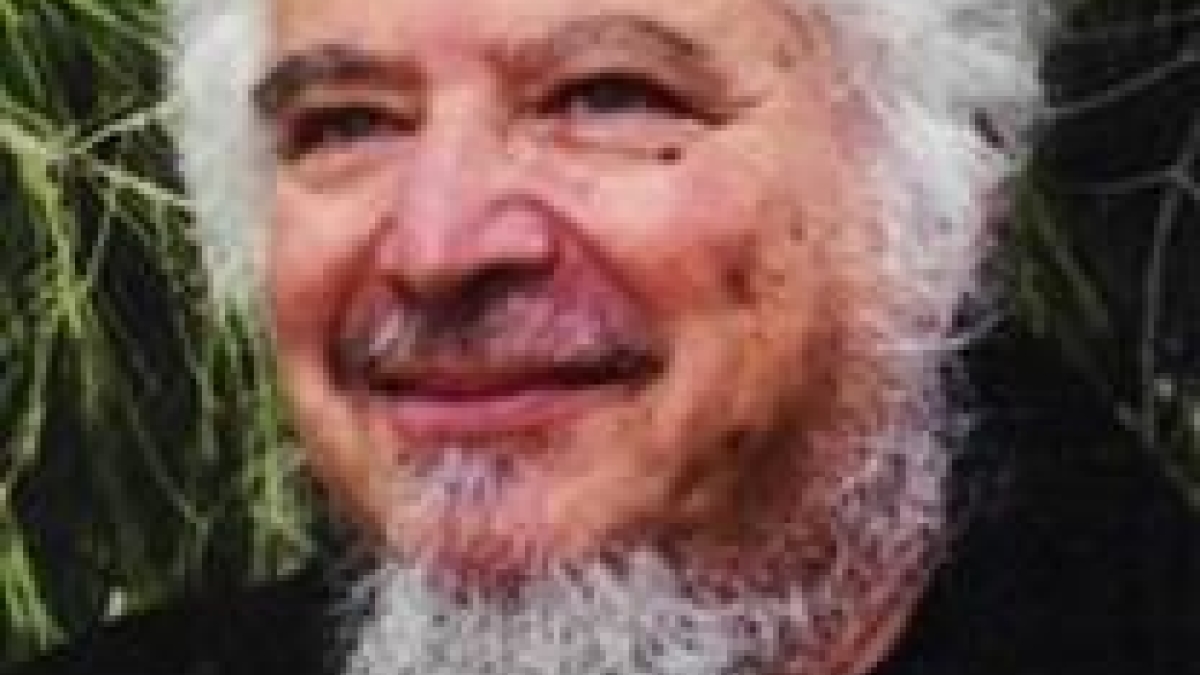In memorium: Professor Emeritus Robert Kastenbaum

Author, professor and playwright Robert Jay Kastenbaum, 80, passed away July 24 in Tempe, AZ. Kastenbaum, professor emeritus in the Hugh Downs School of Human Communication, was known by family, friends and colleagues alike for his warmth, wit and creative spark.
Globally acknowledged as an expert on the psychology of aging and death, Kastenbaum wrote and published the first textbook on the subject, "Death, Society and Human Experience" (1977). He also established the first university-based educational and research center on death and dying (Wayne State University, 1966), and founded and served as the first editor for two important journals in the field: the International Journal of Aging and Human Development and Omega: Journal of Death and Dying. Kastenbaum's other books included "The Psychology of Death" (1972); "Dorian, Graying: Is Youth the Only Thing Worth Having?" (1995) and "On Our Way: The Final Passage Through Life and Death" (2004). He received the Richard A. Kalish Award for Most Innovative Publication from the Geronotological Society of America and the Lawton Award for Distinguished Contributions to Clinical Geropsychology from the American Psychological Association for his work.
Kastenbaum began his career as an editor for community newspapers, but a keen interest in ideas led to a graduate scholarship in philosophy and a doctorate in psychology at the University of Southern California (1959). He was most interested in fields of psychological study that barely existed at the time: lifespan development and aging, time perspective, creativity, and death and dying. Kastenbaum became part of an emerging cadre that overcame the prevailing neglect and resistance to these issues, working as clinician, researcher, activist and hospital administrator, as well as educator and author.
A lifelong passion for music and the theater led him to write plays, notably "Tell Me About Tigers," produced by Theatre Prospero in Montreal in 2000, and several opera librettos, including "Dorian," based on the novel, "The Picture of Dorian Gray" (1995, Hofstra University), "Closing Time" (1999, Pima Community College, Tucson) and "American Gothic" (Arizona State University, 2005). In the last few years, he penned several plays on historical subjects, such as John Smith and the discovery of America, the Utopia of Saint Thomas More and an exploration of Walt Whitman's experiences during the Civil War.